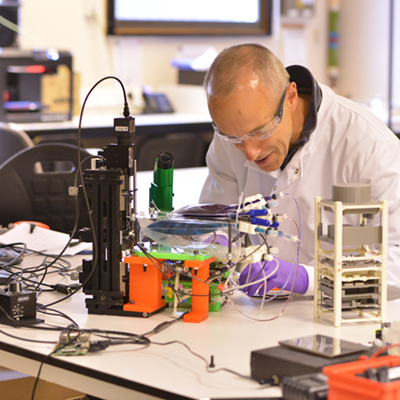Cranfield University has been named as a key member of the South and East Network for Social Sciences (SENSS), one of 15 newly created Doctoral Training Partnerships (DTP) across the UK. The Economic and Social Research Council has invested in the DTPs to offer flexible training and research in practice opportunities to up to 500 students a year.
Along with eight other universities – the University of Essex, City University, University of London, Goldsmiths College, University of Lincoln, Middlesex University, Roehampton University, and the University of East Anglia – Cranfield will be a place where students can pursue government funded PhDs across the social sciences.
Cranfield’s involvement within SENSS spans four themes - sustainability and climate emergency, resolving uncertainty and addressing crises, digital social sciences, and justice, institutions and social change.
Nazmiye Ozkan, Professor in Sustainable Energy Transitions and Head of Centre for Energy Systems and Strategy at Cranfield University, highlighted Cranfield’s dedication to fostering interdisciplinary solutions.
"Within our role in SENSS, Cranfield is dedicated to driving impactful research in critical areas.
“Our participation across these four themes underscores our commitment to fostering holistic solutions. Importantly, we recognise the imperative of fair net zero solutions, and our interdisciplinary approach ensures that our research contributes to a sustainable and just future for all."
SENSS not only aspires to focus on genuinely interdisciplinary research, but to be the DTP of choice for those from underrepresented backgrounds, and to be at the heart of communities in their attempts to solve problems facing society.
The first cohort of SENSS-funded students will begin their research in October 2024. Anyone looking to apply or wanting to find out more can visit the SENSS website.
Stian Westlake, ESRC Executive Chair, said: “Our vision for postgraduate training is that it will develop globally competitive social science researchers who can operate in interdisciplinary, collaborative, and challenge-led environments across a range of sectors and who have a diversity of backgrounds and experiences.
This redesigned and expanded doctoral training opportunity will enhance the experience for PhD students and boost the UK’s capability.”


